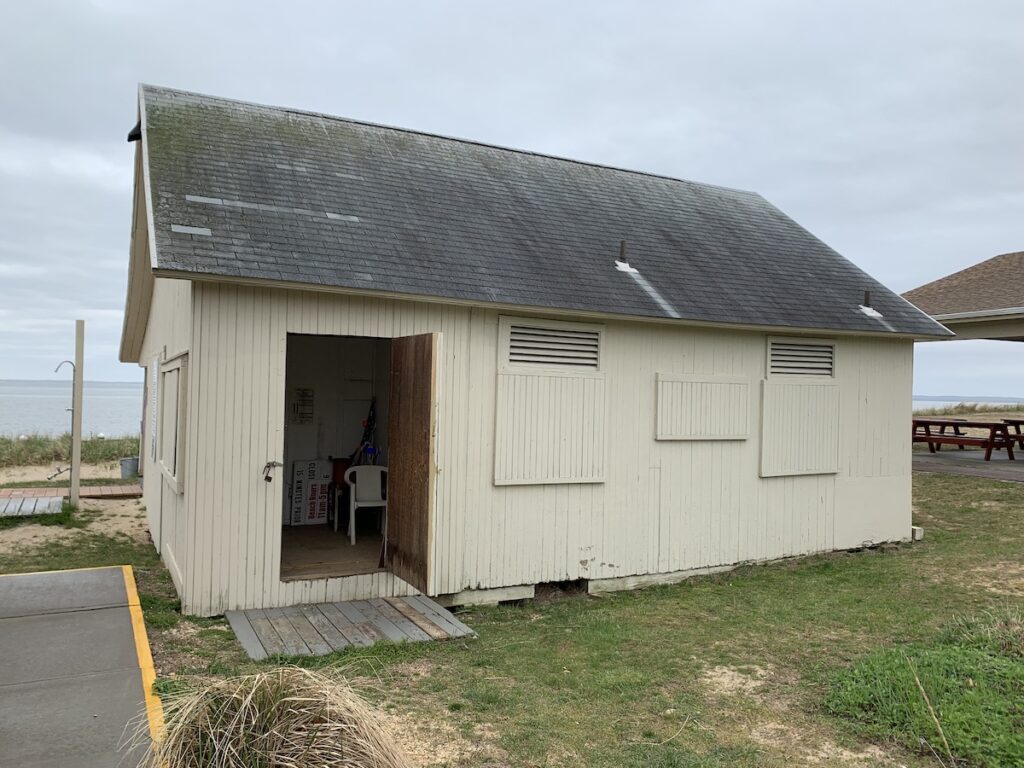Town looks to ease restrictions on accessory apartments

Officials in Southold are weighing additional measures that could encourage the creation of legal accessory apartments for residents.
At a work session Tuesday, town attorney Bill Duffy reviewed a proposed amendment to the code regarding accessory apartments. The proposal could strike a requirement that one of the dwelling units be the property owner’s “principal residence.”
“You’re trying to create access to create more inventory, but at the same time we’re excluding a lot of people who might be willing to create an accessory apartment but they don’t want to refile their taxes and start claiming that as their principal dwelling,” Supervisor Scott Russell noted.
Under the amended code, one of the dwelling units would be reserved for “exclusive” use by the owner, but need not be their primary residence.
Whether created within an existing home or as an accessory structure, the accessory apartment would have a minimum floor area of 350 square feet, compared to the current 450 square feet in town code in order to “open up more opportunities,” according to Mr. Duffy.
He pointed out that 350 square feet is also the minimum floor area permitted under state building code.
Such apartments would also be capped at 750 square feet. “[At 850 square feet,] then you’ve almost created a two-family house,” Mr. Duffy said, summarizing concerns raised by the chief building inspector Michael Verity.
But a requirement that detached accessory structures be rented by either family members or a resident currently on the town’s affordable housing registry drew some opposition among board members.
Councilman Jim Dinizio voiced support for easing the restrictions on floor area requirements and other amendments, but said affordable housing should be a government-led initiative. “Don’t force private citizens to bear that burden,” he said, arguing that the inventory of apartments could increase if that wasn’t required.
Both Mr. Dinizio and Councilwoman Jill Doherty said local employees should be permitted to rent detached structures, rather than “picking from a list of strangers.”
Mr. Russell said they would be permitted as long as they qualify for the housing registry. “They don’t have to be on the existing list,” he said.
“But a lot of people don’t meet that criteria because they’re getting paid more,” Ms. Doherty explained, and still can’t afford to live locally.
The supervisor said that under the town’s program, registry members can make up to 120% of the median Suffolk County income. He worries that eliminating the requirement would price those in need out of the market entirely.
“We eased the rules but put a criteria on it,” he said.
Accessory apartments that exist within a one-family dwelling do not have the same requirement.
While the board may expand the criteria for qualifying to reside in a detached accessory structure, Councilwoman Louisa Evans said the board ought to revisit their registry guidelines. “Maybe we need to look at the income limits,” she said.








